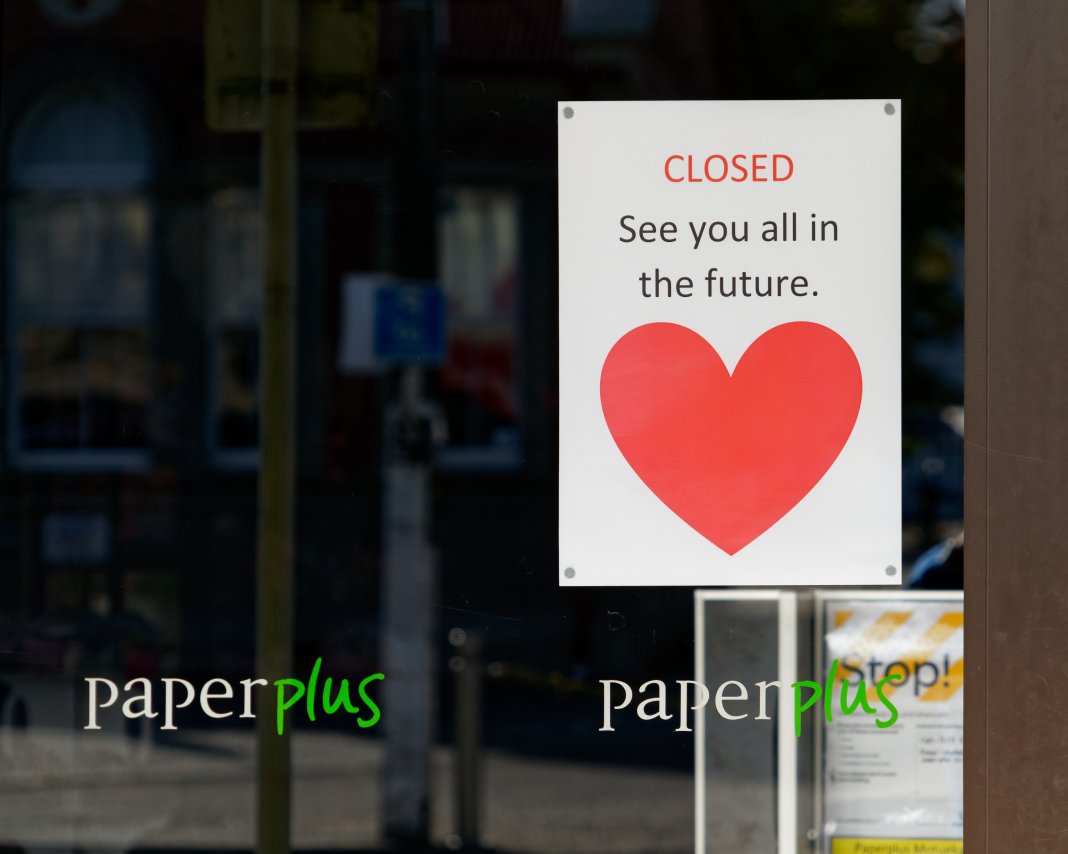Eighteen months ago, the world changed overnight. Billions of people were locked in their homes, flights around the globe were grounded, and offices, streets and schools lay abandoned. It was the stuff of Hollywood.
The immediate change to nearly every aspect of our lives was stark – not just in terms of our personal lives, but also our professional ones. As a communicator, Covid-19 has impacted my work and taught me a lot.
I have been trained to communicate in a crisis, to get messaging out swiftly and effectively, and to adapt, but not on anything like this scale or magnitude before, or with as big consequences.
So, what am I going to take away from the pandemic? And what have I learned from the way that politicians, news outlets and other organisations have dealt with the past 18 months?
Empathy above everything
Regardless of their audience, organisations have had to adopt a different tone.
The time immediately following the lockdowns required a more empathetic approach, with an open dialogue that has mostly continued throughout the pandemic.
Internally, the best communication teams and leaders were in constant contact with their employees, checking in on their wellbeing and keeping them engaged in strategic decisions.
Externally, honest conversations were had with customers about product delivery and internal workings of the organisation. People responded well: in times of crisis, we need the transparency and human connection more than ever, so leading with empathy helped us all feel like we were in it together.
This was also apparent in communication about the vaccine. While uptake rates are fairly high in New Zealand, there has still been vaccine hesitancy from a large section of society.
A large body of research suggests people don’t refuse vaccines due to a lack of information, but instead because of core moral beliefs.
Overnight, schools closed, businesses shut their doors and new laws came into effect within hours of legislation being announced. Getting the right message out at the right time was crucial.
Studies show that when there is acknowledgement of fears around public health interventions, such as politicians publicly recognising the negative impact lockdowns have on people, there is more likely to be acceptance and compliance of the measures. In essence, people that demonstrate empathy are more effective communicators.
Embracing change
We all know life throws curveballs and we are in a constant state of flux, but I think many of us assumed we were in more control of that change than we actually are. When things are changing at the drop of a hat those responsible for an organisation’s communications must be adaptable. People look to them to provide vital information and to be the gateway between them and their workplace, government and vital services.
Overnight, schools closed, businesses shut their doors and new laws came into effect within hours of legislation being announced. Getting the right message out at the right time was crucial. Things were evolving so rapidly that acting quickly, clearly and creatively was crucial to helping people adapt to the new way of life.
The New Zealand government was praised for its consistent and reassuring messages, given in real-time, and many think this was a key pillar to their initial success in handling the pandemic.
Key takeaway
This pandemic has been a learning curve. Too often, poor communication has led to significant impacts on people’s lives, leading to heartache and struggle. But there have been some beacons of light, in particular the governments and organisations that were able to adapt swiftly and with empathy, leading the way with their decisions and communications. They were able to largely avoid conflict, create a sense of togetherness, and ultimately save lives and livelihoods.
We are still living through the turmoil, but there are many valuable lessons we’ve all learned. If we can use them when communicating through future crises, there’s a better chance our response will improve the next time around.
Signing off
This is my last column for the Bay of Plenty Business News – at least for now. I will be relocating to Wellington, where I started my communications journey, and swapping sunny Bay of Plenty days for windy Wellington ones.
I’ve thoroughly enjoyed writing for all of you over the past few years and I’ve appreciated the feedback and thoughts some of you have shared in response. Thank you all for reading.
Enjoy the holidays and stay safe over the Christmas break.
Related: When chicken hits the fan: what is good crisis comms?




